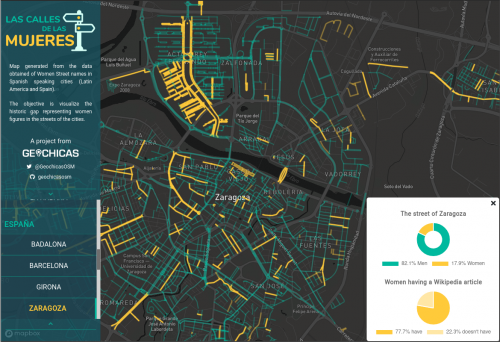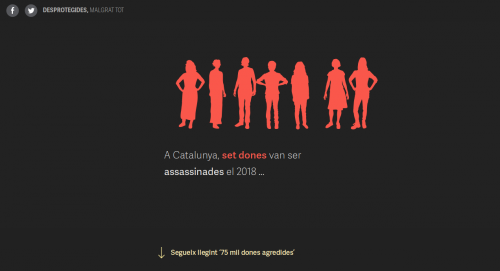Ms. Categorized: Gender, notability, and inequality on Wikipedia
Gender is one of the most pervasive and insidious forms of inequality. For example, English-language Wikipedia contains more than 1.5 million biographies about notable writers, inventors, and academics, but less than 19% of these biographies are about women. To try and improve these statistics, activists host “edit-a-thons” to increase the visibility of notable women. While this strategy helps create several biographies previously inexistent, it fails to address a more inconspicuous form of gender exclusion. Drawing on ethnographic observations, interviews, and quantitative analysis of web-scraped metadata, this article demonstrates that biographies about women who meet Wikipedia’s criteria for inclusion are more frequently considered non-notable and nominated for deletion compared to men’s biographies. This disproportionate rate is another dimension of gender inequality previously unexplored by social scientists and provides broader insights into how women’s achievements are (under)valued.


